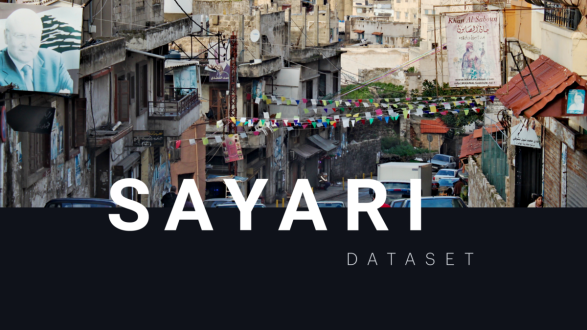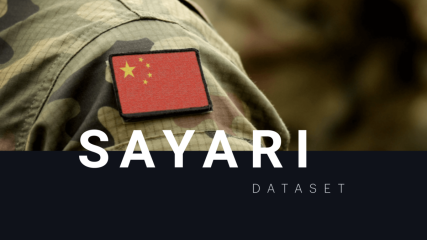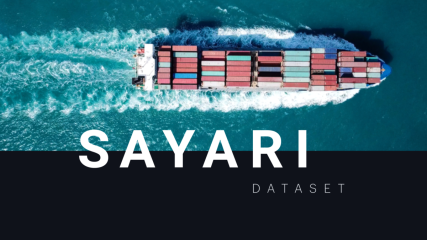Mikati in the Pandora Papers
In October 2021, the International Consortium of Investigative Journalists (ICIJ) — in coordination with other media outlets — published its largest ever global investigation based on millions of records known as the Pandora Papers. The data comprises documents related to the offshore holdings of billionaire businesspeople and public officials.
The leak and subsequent investigations follow a pattern of exposing the secret or offshore holdings of the global elite, and continues to press on the issue of corporate data transparency and wealth held by public officials. A prominent public figure mentioned in the papers is Najib Mikati, the Lebanese Prime Minister and billionaire businessman.
While corporate data leaks can be helpful in exposing ultimate control or ownership of entities registered in secrecy jurisdictions, there’s a wealth of data in the public domain that can be used to map global networks of public officials. Using public records from Sayari Graph we found Mikati and/or his direct family members linked to at least 150 active companies around the world, including in Western Europe, North America, Latin America, and the Middle East, and have compiled them into an easy-to-access database for public use.
Pandora papers in the Lebanese context
When leaks like these occur, financial crime investigators or even the general public might not be surprised. We know that major business people often use strategies to minimize their tax burden, often by storing wealth in secrecy jurisdictions. However, context matters, especially when the businessperson is leading a country or shaping its policy.
In the Middle East, the Lebanese elite in particular continue to be named in corporate data leaks. Mikati was mentioned in the papers as having offshore companies in Panama and the British Virgin Islands. Investigations highlight his purchase of a multimillion dollar property in Monaco using his Panama-based Hessville Investment Inc.
Other Lebanese politicians have come under scrutiny for investments held outside of Lebanon while the country slogs through what the World Bank considers one of the worst economic crises since the mid-nineteenth century. The value of the Lebanese lira has plummeted over the last two years leading to a sharp increase in poverty. Moreover, measures to curb the liquidity crisis have hurt many Lebanese — namely by restricting access to cash.
The repeated revelations of Lebanese politicians’ global holdings raise serious questions regarding how these individuals hold public positions in a country going through an economic collapse while simultaneously storing huge amounts of wealth abroad, often without public knowledge. Moreover, Lebanon struggles greatly with public corruption, specifically in the construction and contracting sectors, to which Mikati’s empire is closely tied.
The dataset
The dataset contains 150 active entities in Mikati’s commercial network including Lebanon, Netherlands, Mauritius, South Africa, Panama, Luxembourg, United Kingdom, USA, Cyprus, UAE, Bahrain, Spain, and Egypt. The entities span myriad economic sectors including construction, general holding companies, finance, and even educational institutions.
Included are aliases, native register IDs, source names, country and address, and Graph IDs for Sayari Graph users to explore other connections to the entities.



